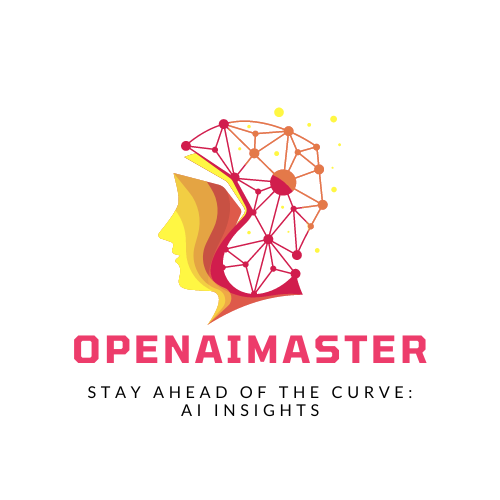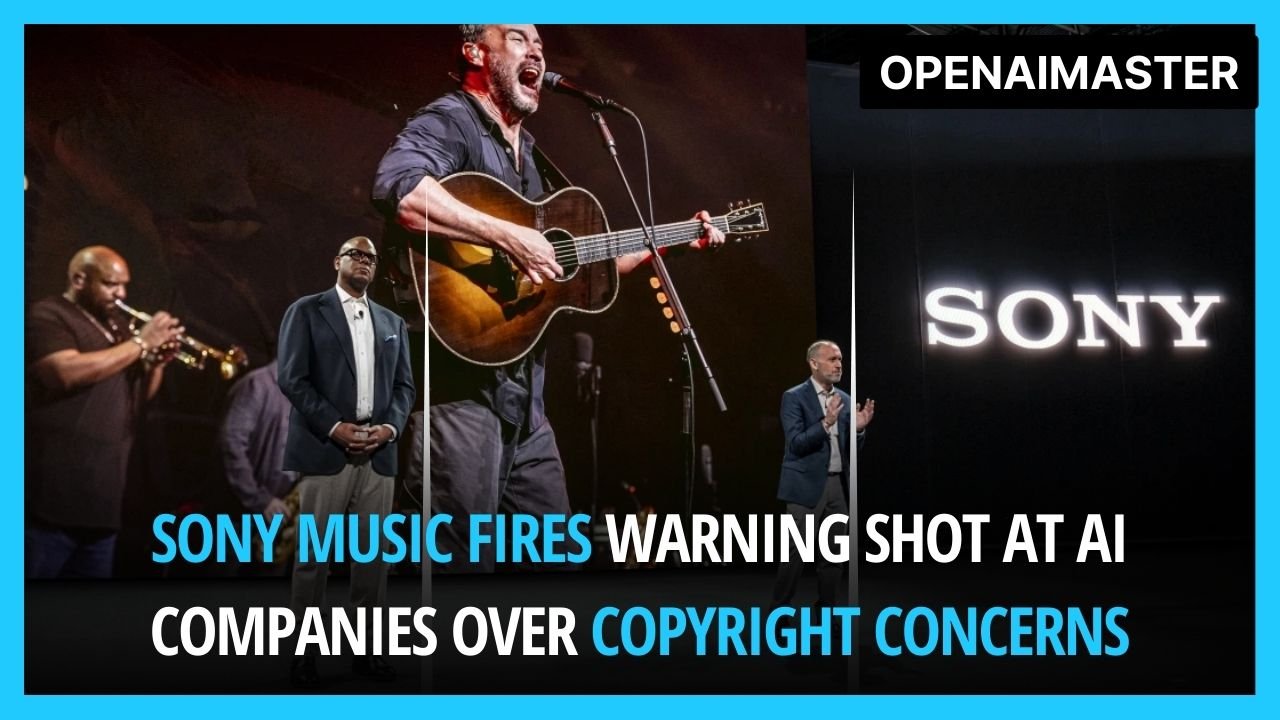In a bold move to protect its intellectual property rights, Sony Music Group has issued formal letters to over 700 generative AI companies and streaming platforms, prohibiting them from using any of its copyrighted content without explicit licensing agreements. This stern warning from one of the world’s biggest record labels signals the music industry’s growing concerns over the potential misuse of its creative works by artificial intelligence (AI) systems.
What’s at Stake?
Sony Music Group’s letter covers a wide range of copyrighted content, including audio recordings, musical compositions (lyrics), album artwork, and even metadata (data that describes other data). The company argues that the “unauthorized use” of this content for training, developing, or commercializing AI systems deprives Sony Music, as well as the artists themselves, of control over their works and fair compensation for their use.
In simple terms, Sony Music is concerned that AI companies might be “scraping” (extracting data from websites or sources without permission) or otherwise using its copyrighted material to train their AI models. These models could then generate new content based on the training data, potentially infringing on Sony Music’s intellectual property rights and undermining the artists’ creative efforts.
The AI Conundrum
While acknowledging the “significant potential and advancement” of AI, Sony Music’s letter states that unauthorized use of its content “conflicts with the normal exploitation of those works, unreasonably prejudices our legitimate interests, and infringes our intellectual property and other rights.”
This sentiment echoes a broader concern within the music industry: As AI technologies become more advanced and accessible, there is a growing risk that artists’ voices, lyrics, and compositions could be replicated or manipulated without their consent or proper compensation.
Recent examples highlight these concerns. Last year, a viral song called “heart on my sleeve” featured vocals that sounded eerily similar to those of Drake and The Weeknd, prompting a copyright claim from Universal Music Group. More recently, Drake released a diss track containing an AI-generated voice impersonating the late rapper Tupac Shakur, leading to threats of legal action from Shakur’s estate.
The Quest for Control and Compensation
Sony Music’s move is part of a broader effort by the music industry to assert control over how its copyrighted works are used in the AI era. In a statement, the company emphasized the need to ensure that “songwriters’ and recording artists’ rights, including copyrights, are respected.”
This sentiment resonates with artists themselves, as evidenced by an open letter signed by over 200 musicians last month, calling on AI developers, tech companies, and digital music services to pledge not to use AI in ways that “undermine or replace the human artistry of songwriters and artists.”
The letter from Sony Music requests that companies either confirm they have not used its content without permission or provide details on how the content was used in AI training. This aligns with the European Union’s recently passed Artificial Intelligence Act, which requires providers of general-purpose AI models to disclose the content used for training.
The Battle for Identity and Individuality
Beyond copyright concerns, the use of AI-generated voice clones to create new songs has raised broader questions about an individual’s control over their own voice and identity. AI companies have trained models on libraries of recordings, often without consent, allowing the public to generate new material using those models.
Warner Music Group CEO Robert Kyncl recently testified before the U.S. Senate, advocating for legislation to protect against the use of non-consensual deepfakes (AI-generated media that can convincingly impersonate someone’s likeness or voice). In his prepared remarks, Kyncl emphasized that “each person’s identity must not be used in ways that they would never condone or wish to participate in.”
Navigating Uncharted Waters
As AI technologies continue to evolve at a rapid pace, the music industry finds itself navigating uncharted waters. While the potential benefits of AI in music creation and distribution are undeniable, the industry must grapple with complex issues surrounding intellectual property rights, consent, and the preservation of human artistry.
Sony Music’s letter serves as a warning shot, signaling the company’s determination to protect its valuable assets and the rights of its artists. However, as AI continues to disrupt traditional business models, the industry will likely face ongoing challenges in striking the right balance between innovation and safeguarding creative works.
The Road Ahead
As the AI landscape continues to shift, the music industry’s response will shape the future of creativity and artistic expression. While legal battles may be inevitable, many experts believe that collaboration and open dialogue between tech companies, artists, and rights holders will be crucial in finding equitable solutions.
Ultimately, the goal should be to foster an environment where AI augments and enhances human creativity, rather than replacing or exploiting it. By proactively addressing these concerns and working towards a fair and balanced approach, the music industry can help ensure that the benefits of AI are realized while preserving the integrity and value of human artistry.




